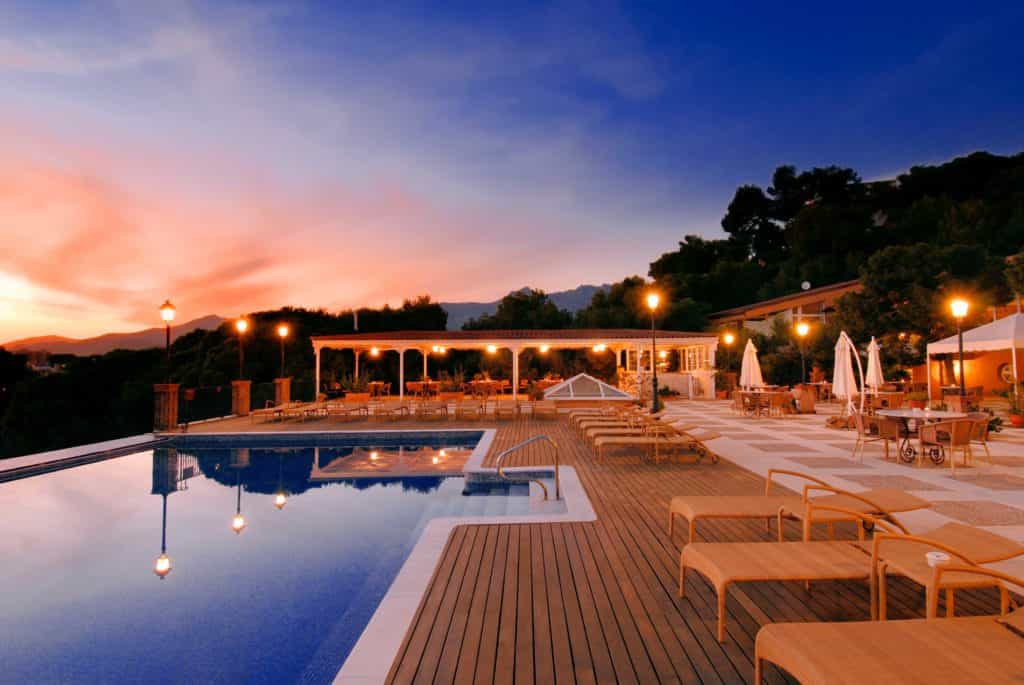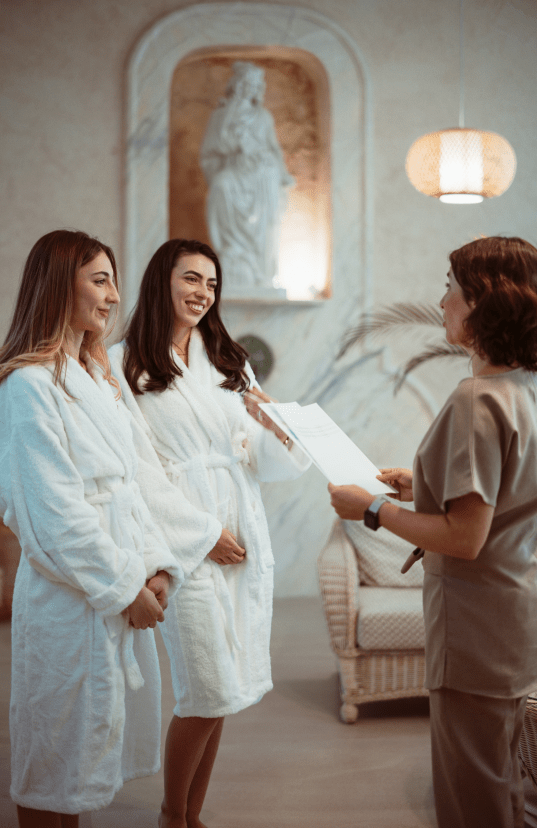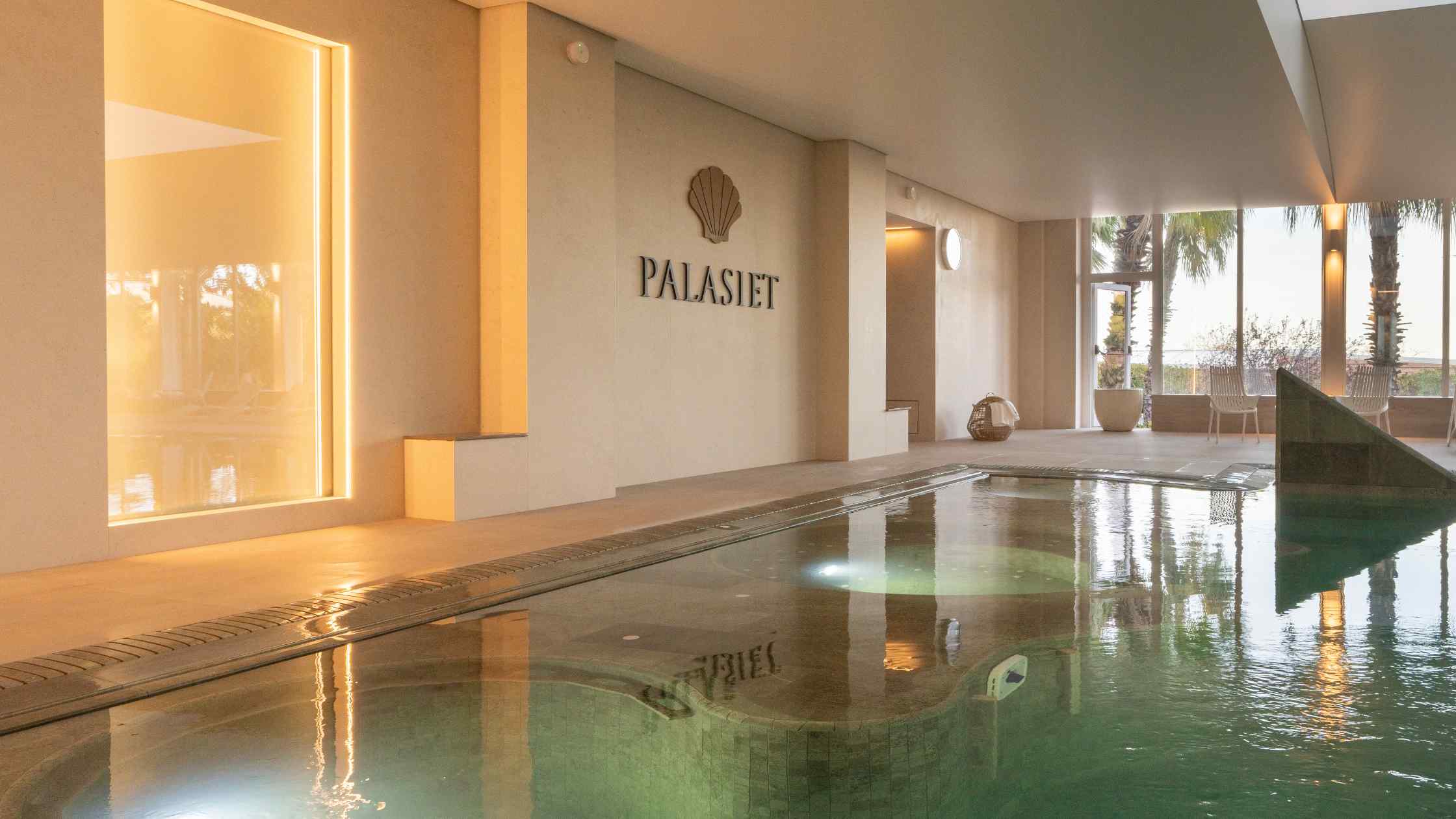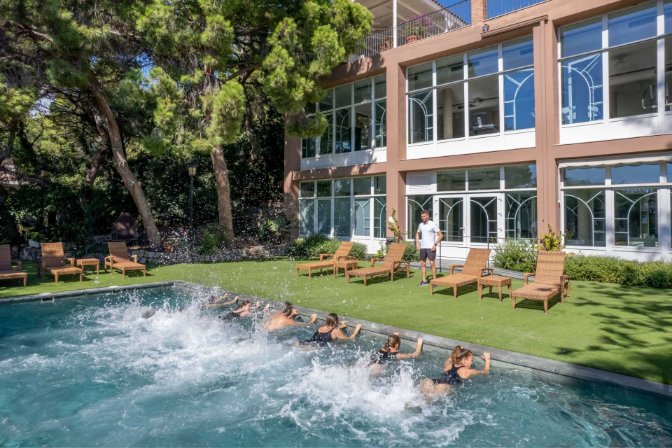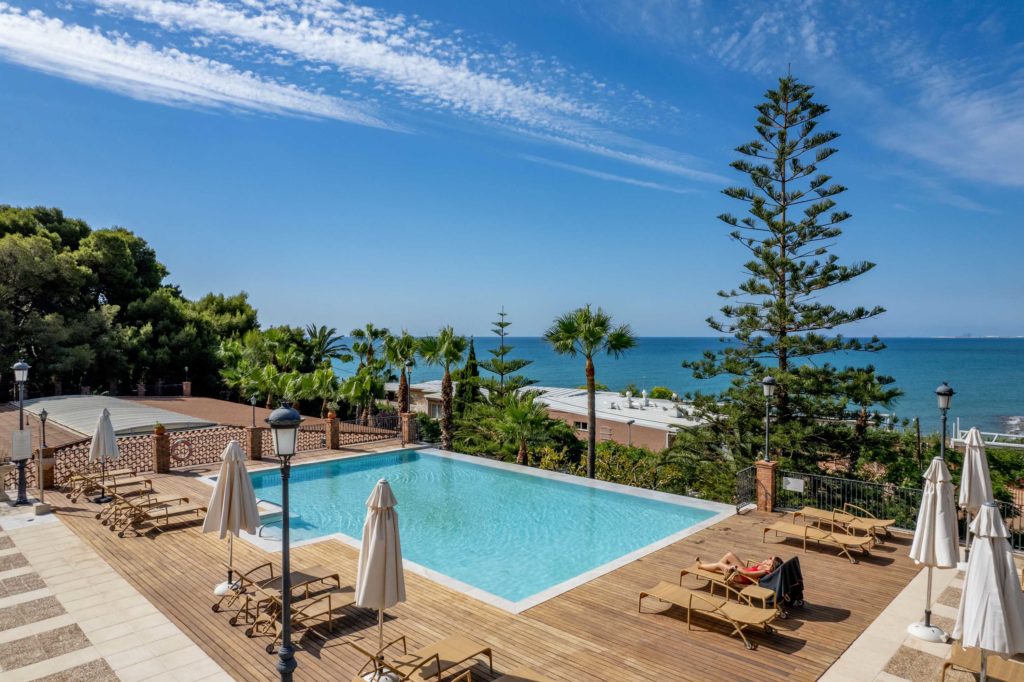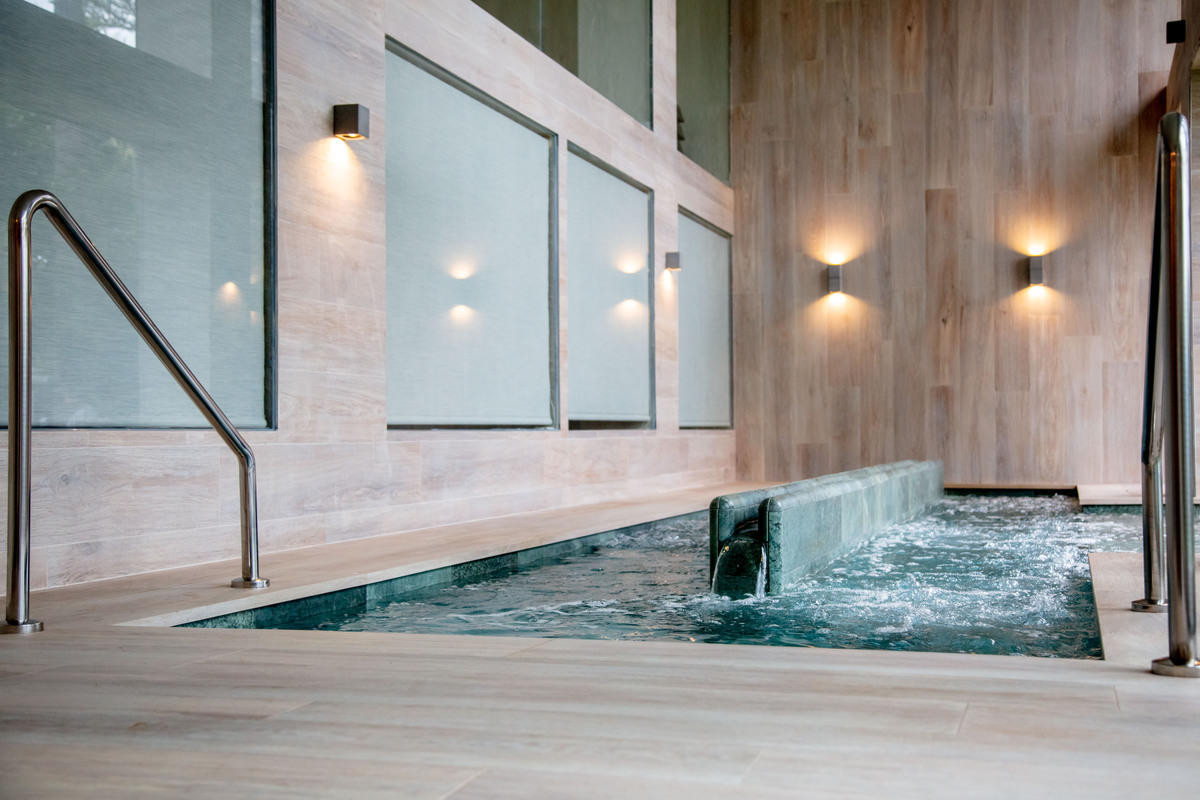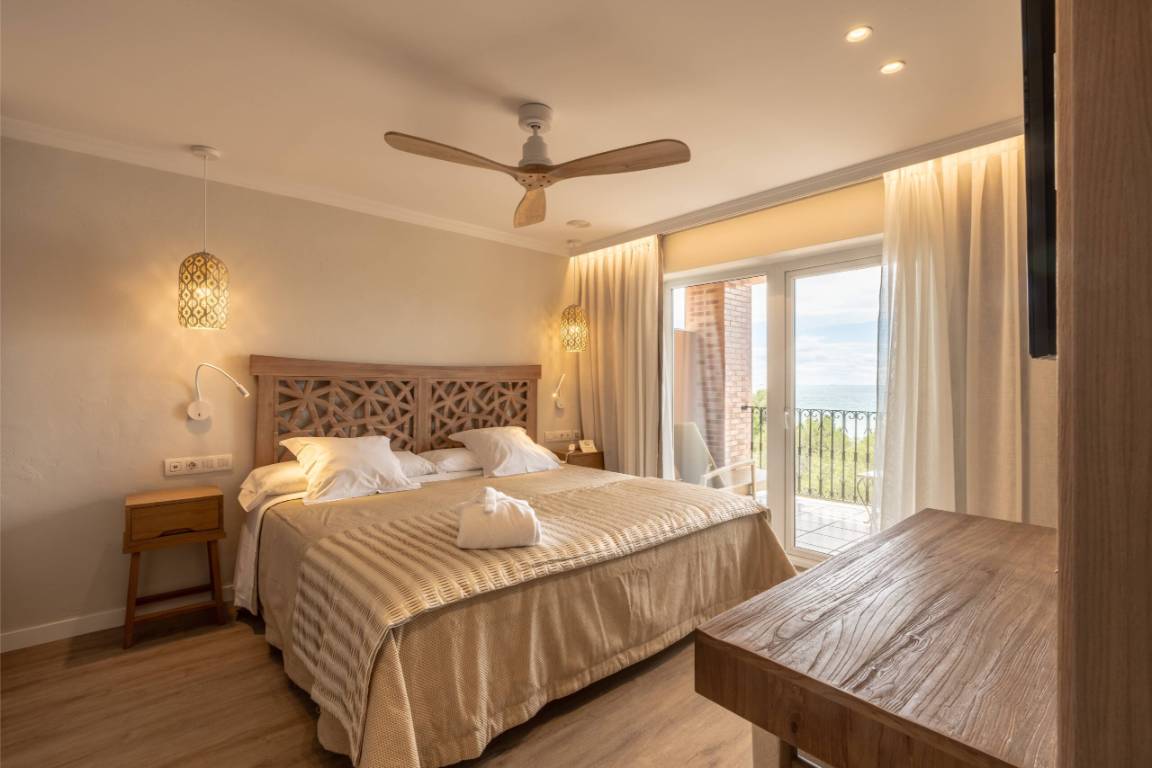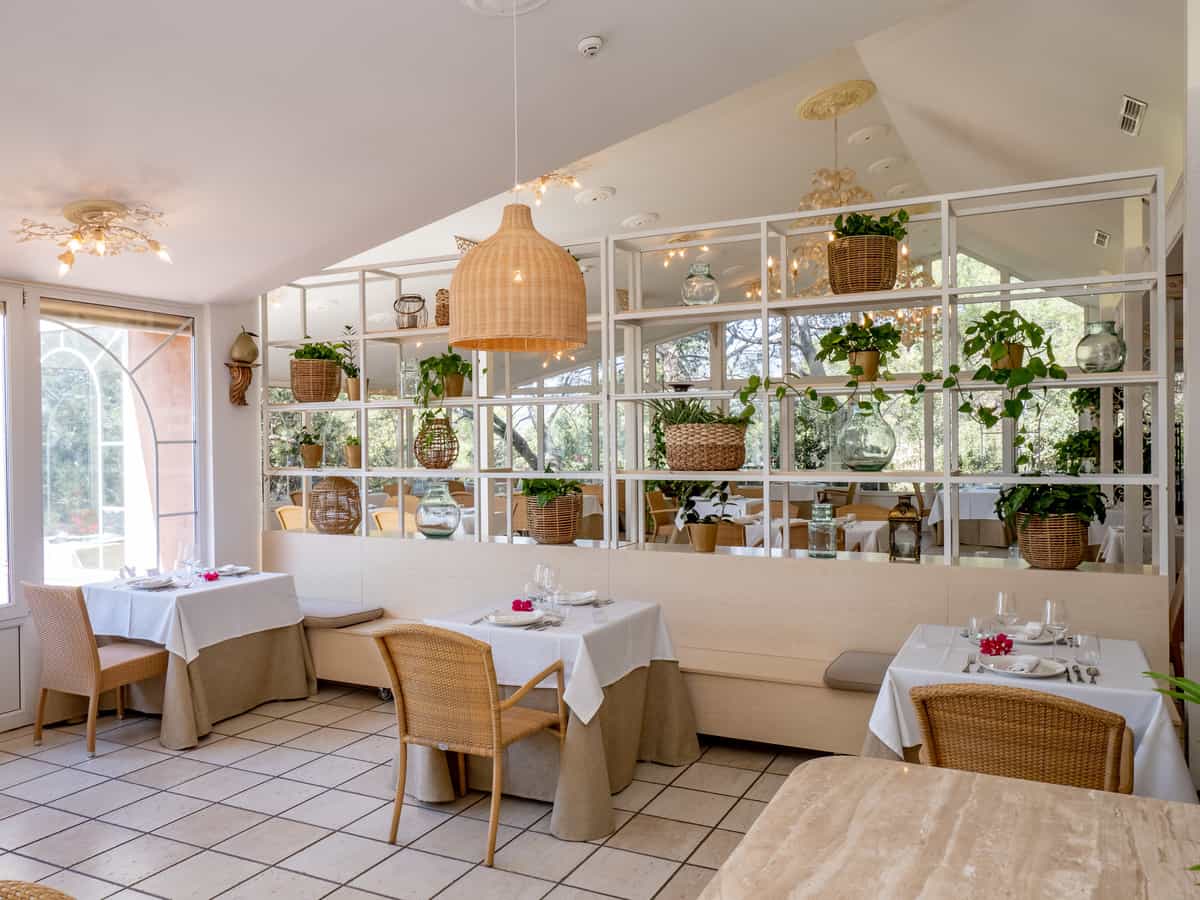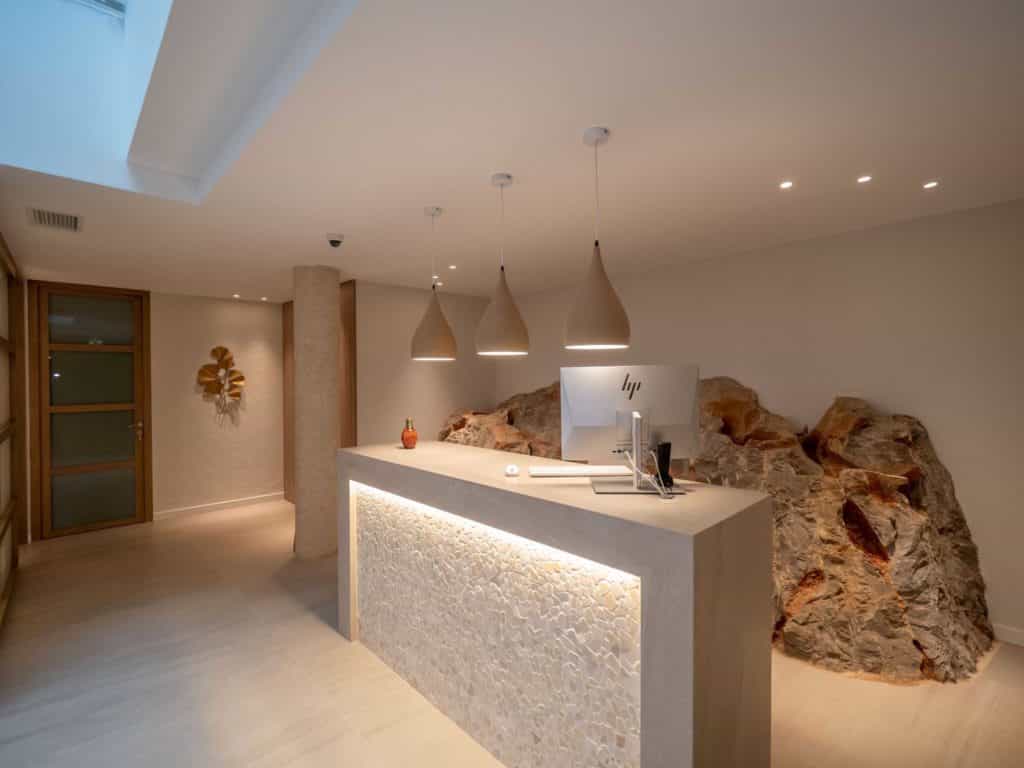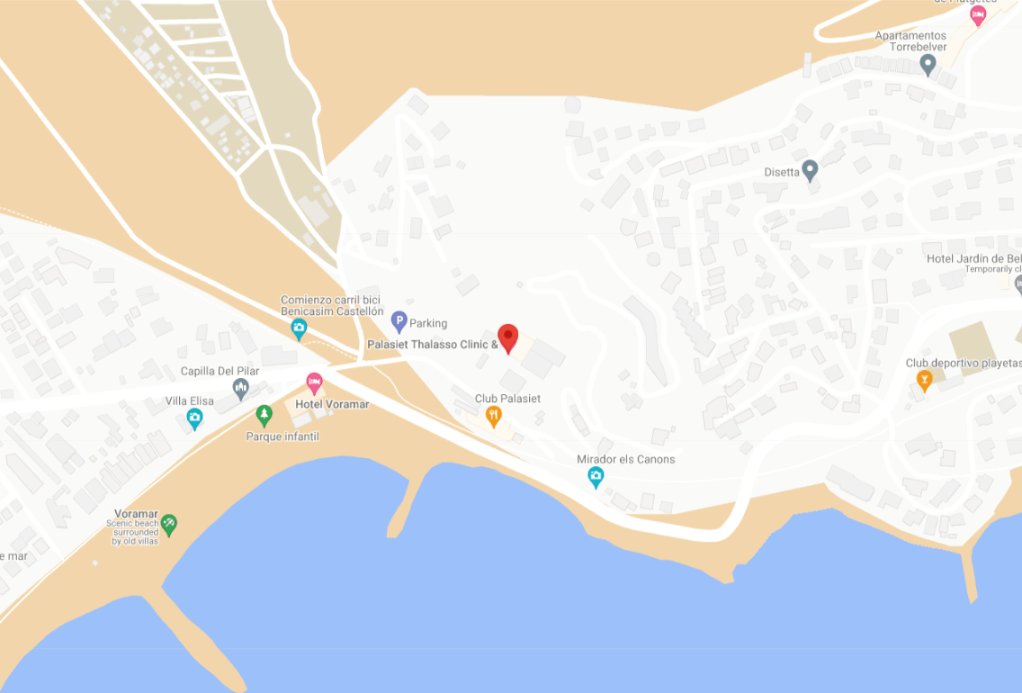What is Active Ageing? A Lifestyle Approach to Healthy Longevity
Not so long ago, ageing was framed as a gradual retreat—one marked by inevitable physical decline and diminishing independence. But today, a new paradigm is taking root. One that views the later decades not as a winding down, but as a cultivated ascent towards vitality, balance and fulfilment. This is the essence of active ageing.
Far from being a trend or abstract concept, active ageing is a lived experience—an approach to life grounded in science, nurtured through daily habits, and made meaningful by purpose. At Palasiet, where natural therapies meet medical expertise, we understand ageing not as an obstacle, but as a chapter rich with potential.

Redefining the Ageing Process
The World Health Organization introduced the term active ageing to emphasise autonomy, social inclusion, and the pursuit of health as people age. But definitions alone do little justice to its depth. Active ageing is not just about movement or physical fitness. It is a holistic alignment—of body, mind, and emotion—that empowers individuals to remain engaged, resilient, and rooted in their own sense of vitality.
In a world where longevity is increasingly the norm, the real measure of wellbeing lies not in the number of years lived, but in the quality of those years. Active ageing offers a blueprint for making every stage of life meaningful and dynamic.
What is Positive, Active and Healthy Ageing?
These three terms—positive, active, and healthy ageing—are often used interchangeably, but each offers a subtle shade of perspective:
- Healthy ageing focuses on the physical dimension: maintaining functional ability, preventing chronic conditions, and reducing the risk of dependency.
- Active ageing adds the social and participatory elements—engaging in meaningful activities, staying mentally sharp, and sustaining personal autonomy.
- Positive ageing brings the emotional and psychological layer: reframing perceptions about ageing itself, cultivating self-esteem, and embracing later life as a phase of enrichment.
Together, they form a triad of wellbeing. They challenge outdated stereotypes of ageing and replace them with a vision rooted in empowerment, connection and grace.
The Science Behind Active Ageing
A growing body of scientific literature supports the idea that lifestyle choices can influence the biological pace of ageing. Research published in the Journal of Aging Research and the European Review of Aging and Physical Activity confirms that physical activity, mental engagement, and psychosocial wellbeing significantly reduce the risk of frailty, dementia, cardiovascular issues, and metabolic disorders.
Neuroplasticity—the brain’s ability to adapt and grow even in later life—reminds us that cognitive decline is not inevitable. Similarly, regular physical movement enhances mitochondrial health and lowers systemic inflammation, two key drivers of age-related decline.
Even more compelling is the evidence pointing to the interplay between emotional resilience and longevity. A sense of meaning in life, social bonding, and emotional regulation all correlate with longer, healthier lives. This multifactorial reality reflects Palasiet’s approach: integrative, preventative, and deeply human.
Four Pillars of an Active Ageing Lifestyle
At the heart of active ageing lies a practical framework. It’s not about perfection or rigid regimes, but about conscious choices—repeated with care and intention.
1. Movement as Medicine
Mobility is freedom. And maintaining it is one of the most powerful ways to age well.
From Nordic walking along the coastline to therapeutic aqua-gym sessions, movement enhances balance, cardiovascular health, muscular strength and emotional equilibrium. It’s not about athleticism—it’s about adaptability. Even light resistance training or daily stretches can slow musculoskeletal decline and improve bone density.
At Palasiet, we promote personalised physical activity plans that respect each individual’s capacity while promoting progressive improvement. When movement is purposeful, it becomes regenerative.
2. Emotional and Mental Vitality
Cognitive health is intimately linked to lifestyle. Lifelong learning, intellectual curiosity, and creative expression are essential for keeping the mind alert and agile.
Equally important is emotional resilience. Practices such as guided meditation, breathwork, and therapeutic journaling help regulate stress and reinforce mental clarity. Studies show that mindfulness-based interventions in older adults enhance memory, mood and sleep quality.
Moreover, the way we perceive ageing affects how we experience it. Those who view ageing as a natural evolution rather than a loss tend to enjoy better health outcomes and higher satisfaction with life.
3. Nutrition for Longevity
A balanced diet rich in antioxidants, polyphenols, essential fatty acids and fibre is foundational for ageing well.
The Mediterranean diet—anchored in seasonal produce, olive oil, legumes, lean fish and herbs—is not only culturally rooted in our region, but also scientifically validated for its anti-inflammatory and neuroprotective effects.
At Palasiet, nutritional guidance is tailored to support metabolic balance, energy, and digestive health, all of which are crucial for maintaining strength and immunity in the later decades of life.
4. Connection, Belonging and Purpose
Loneliness has been described as the new smoking. Its impact on health rivals that of major chronic illnesses. That’s why social engagement is not a luxury—it’s a necessity.
Whether through community involvement, intergenerational exchanges, or creative workshops, staying socially active contributes to cognitive preservation, emotional stability and even cardiovascular health.
More than that, we all need a reason to get up in the morning. Purpose—whether it comes from volunteering, creating, mentoring or simply caring—acts as an anchor, keeping us oriented and fulfilled.
Active Ageing, the Palasiet Way
For over half a century, Palasiet has championed a model of wellness that blends therapeutic tradition with modern science. Our philosophy of active ageing is not theoretical—it is lived every day in our thalassotherapy programmes, nutritional consultations, and medical wellness retreats.
Guests at Palasiet are welcomed into a space where ageing is celebrated—not hidden, not denied, but nurtured with dignity. Individualised plans combine physical reactivation, emotional renewal, nutritional therapy and marine-based treatments to help people feel not only better, but more alive.
Because true vitality isn’t about turning back time—it’s about stepping fully into the present.
Living Longer, Living Better: A New Paradigm of Ageing
Ageing is not a pause. It is a passage.
With the right knowledge, support and intention, we can navigate this passage with clarity and grace. Active ageing invites us to take ownership of our health, to remain curious, and to stay connected—to ourselves, to others, and to the world around us.
At Palasiet, we believe that the years ahead are not a descent into stillness, but an invitation to greater presence, depth and serenity. The rhythm may slow, but the music continues—and it is no less beautiful.

